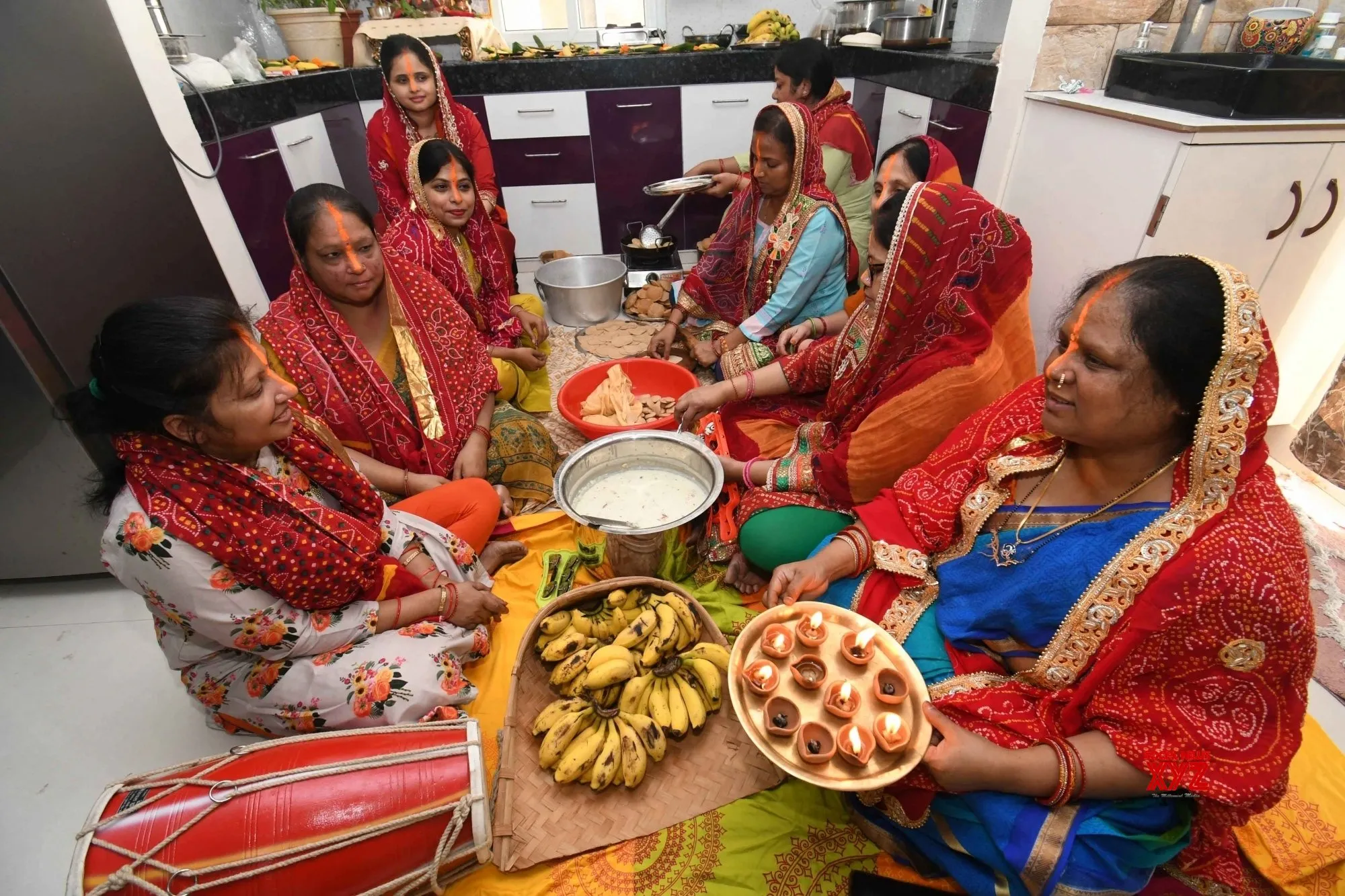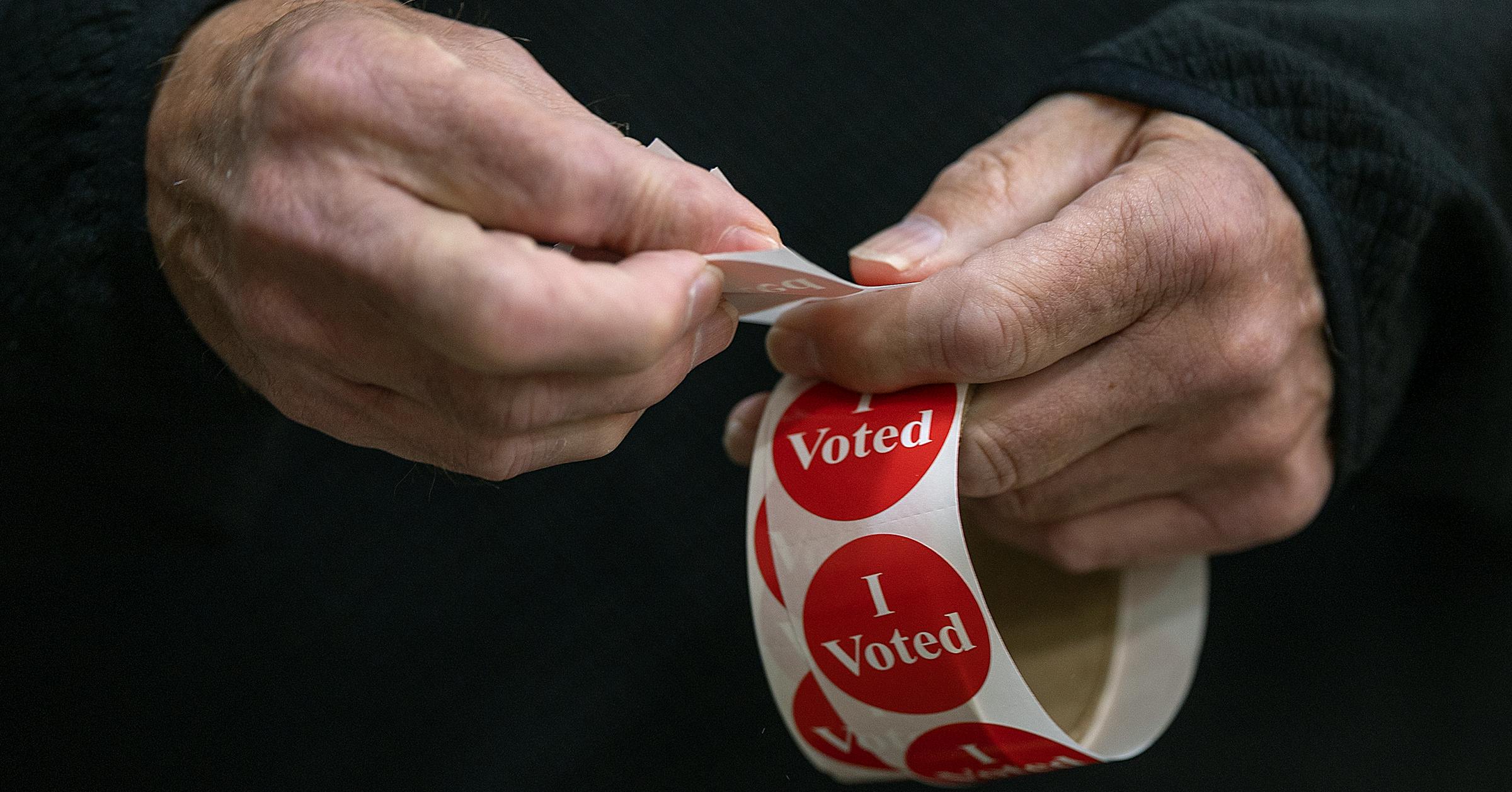Copyright scmp

A woman in northwestern China, battling uremia, married a cancer patient, agreeing to care for him during his treatment in exchange for his kidney after his death. As they spent time together, their shared humour and optimism blossomed into an unexpected love story. Amid a wave of inspiring cancer survival stories recently reported by mainland media outlets, the 2014 case has resurfaced with renewed heartfelt attention. According to the mainland magazine Marriage and Family, 24-year-old Wang Xiao from Shaanxi province was diagnosed with uremia and informed that she had only a year to live without a kidney transplant. With no matching donors among her relatives, a desperate Wang took an unconventional step. Following the suggestion of a fellow patient, she posted a marriage advertisement in a cancer support group, seeking a terminally ill man willing to marry her so she could receive his kidney after his passing. “I will take the best care of you after marriage. Please forgive me; I just want to live,” Wang wrote in her ad. A few days later, 27-year-old Yu Jianping responded. His blood type matched hers. Yu was battling myeloma, which had relapsed multiple times. Once a business manager, he had lost his mother, and his father had sold their home to cover his treatment costs. He was surviving solely on medication. In July 2013, the two quietly registered their marriage. They agreed to keep their union private, manage their own finances, and decided that after Yu’s passing, he would donate one of his kidneys to Wang. In return, Wang promised to care for him during his treatment and look after his father after his death. However, what began as a survival arrangement soon transformed into something deeper. They started communicating every day, sharing updates about their health and lives. Wang’s playful nature often made Yu laugh, and her optimism began to uplift his spirits. He started cooking soup for her, and she accompanied him to every treatment. Determined to help Yu afford a bone-marrow transplant, Wang began making and selling flower bouquets at a street stall. She placed cards alongside the flowers, telling their story, which attracted crowds of customers and even local shop owners. Through her sales and savings, she managed to raise 500,000 yuan (US$70,000), enough to finance Yu’s surgery. By June 2014, Yu’s condition had stabilised, and Wang’s health was improving as well. Her dialysis sessions decreased from twice a week to once a month, and doctors indicated that she might no longer need a transplant at all. In February 2015, to celebrate their love and regained health, the couple held a wedding banquet at a local restaurant. Their story was later adapted into the film Viva La Vida, which premiered in mainland China in 2024 and grossed over 276 million yuan (US$38 million). Today, the couple reportedly run a flower shop in Xian, also in Shaanxi province, living quietly and in stable health. One online observer of their story remarked: “A marriage born from desperation turned into a miracle of love.”



